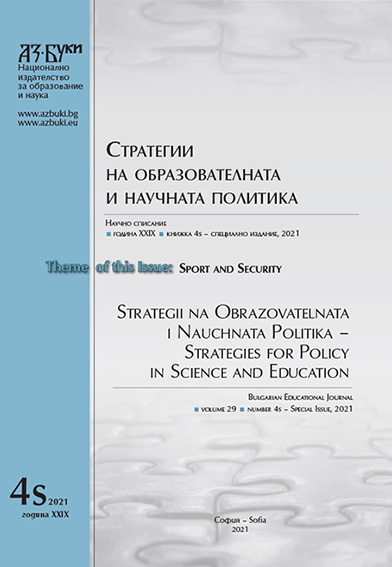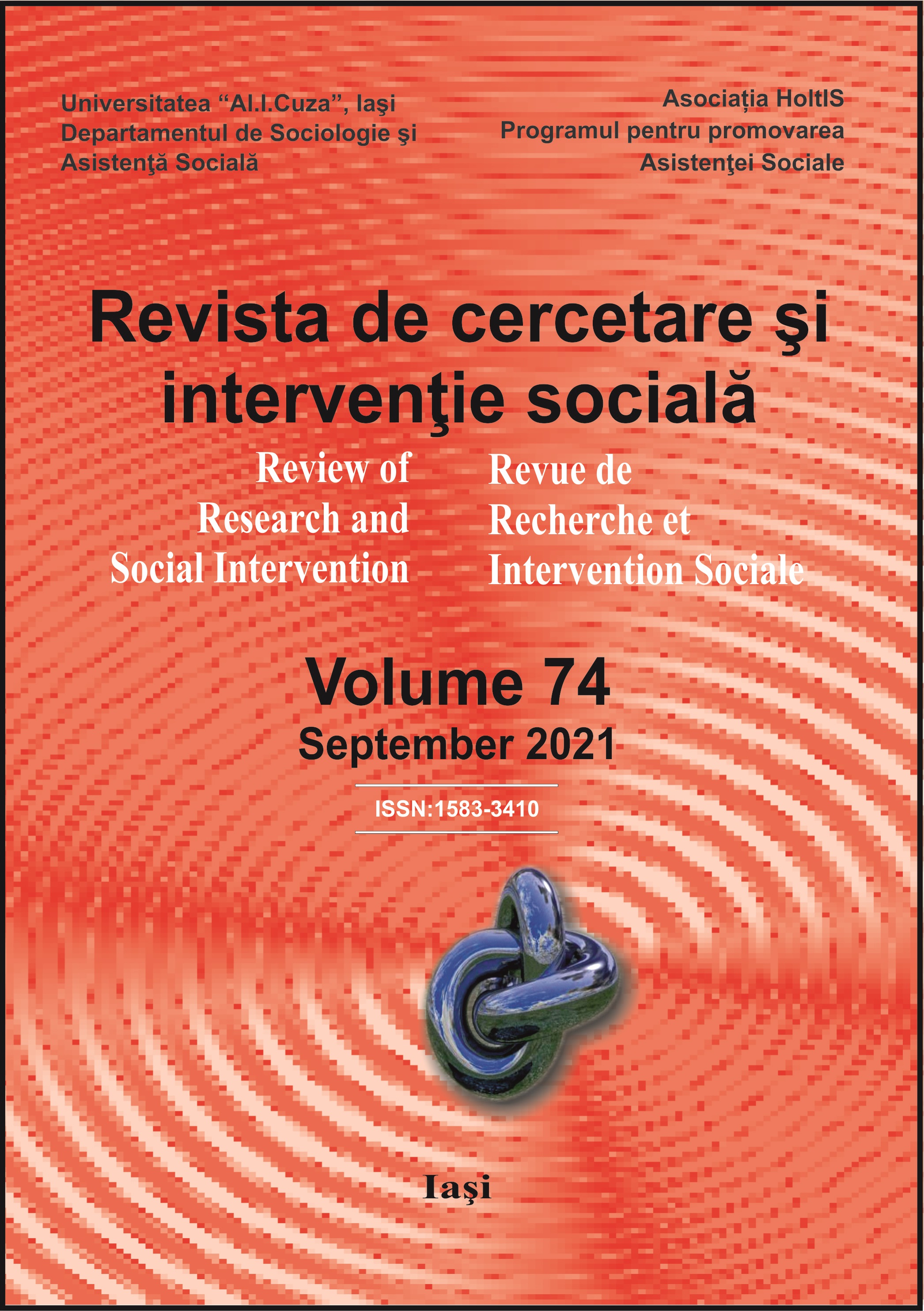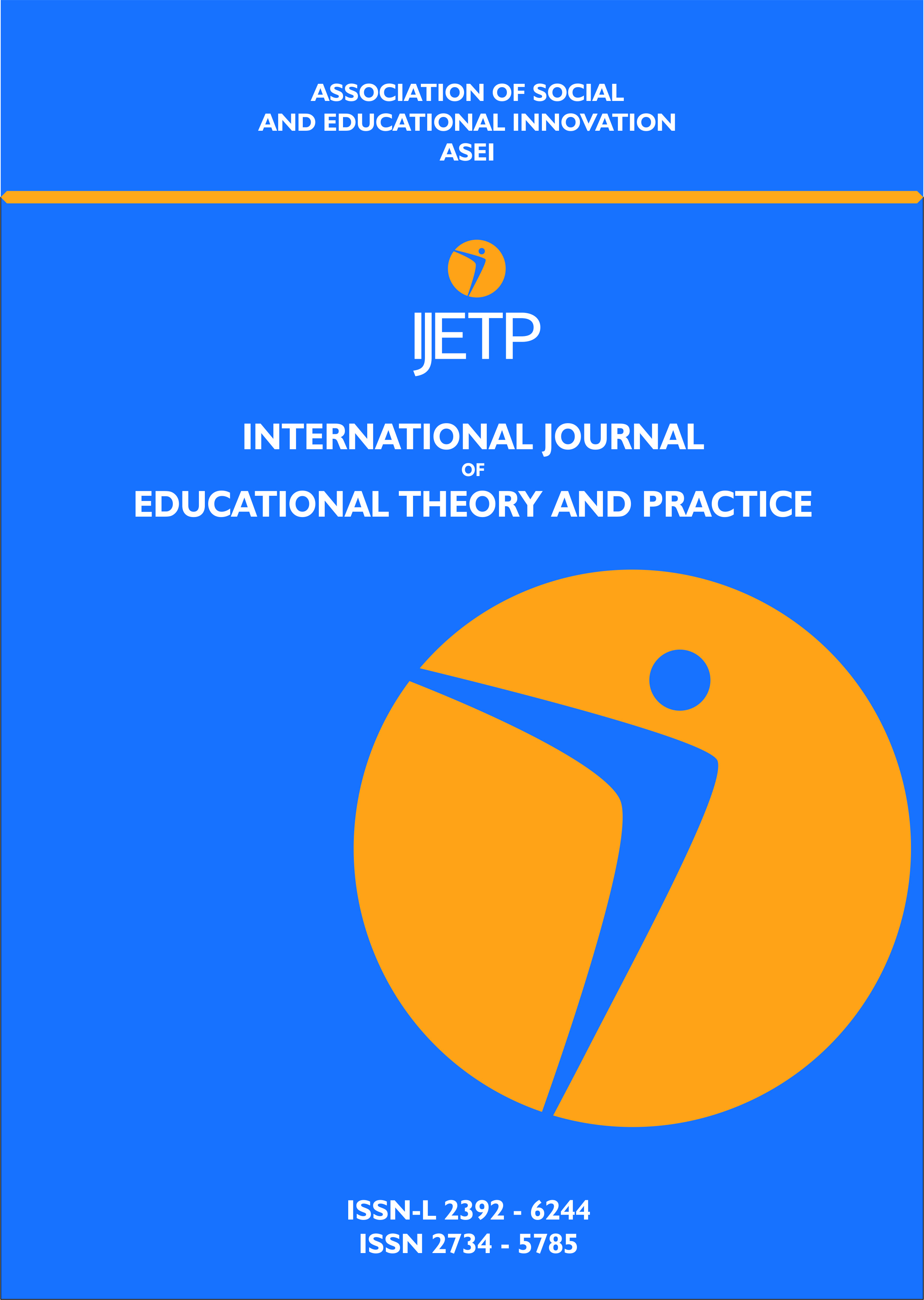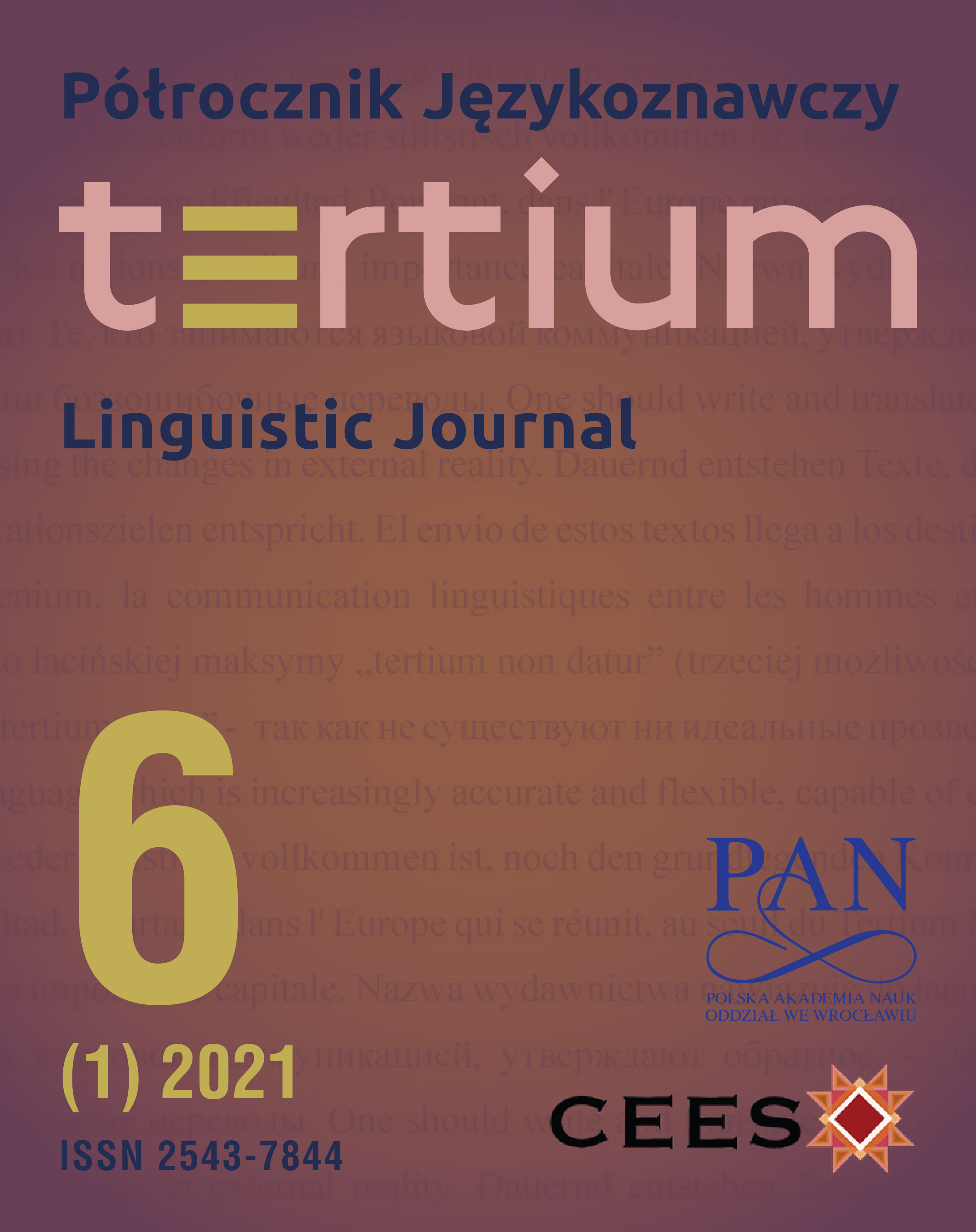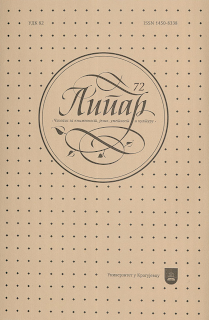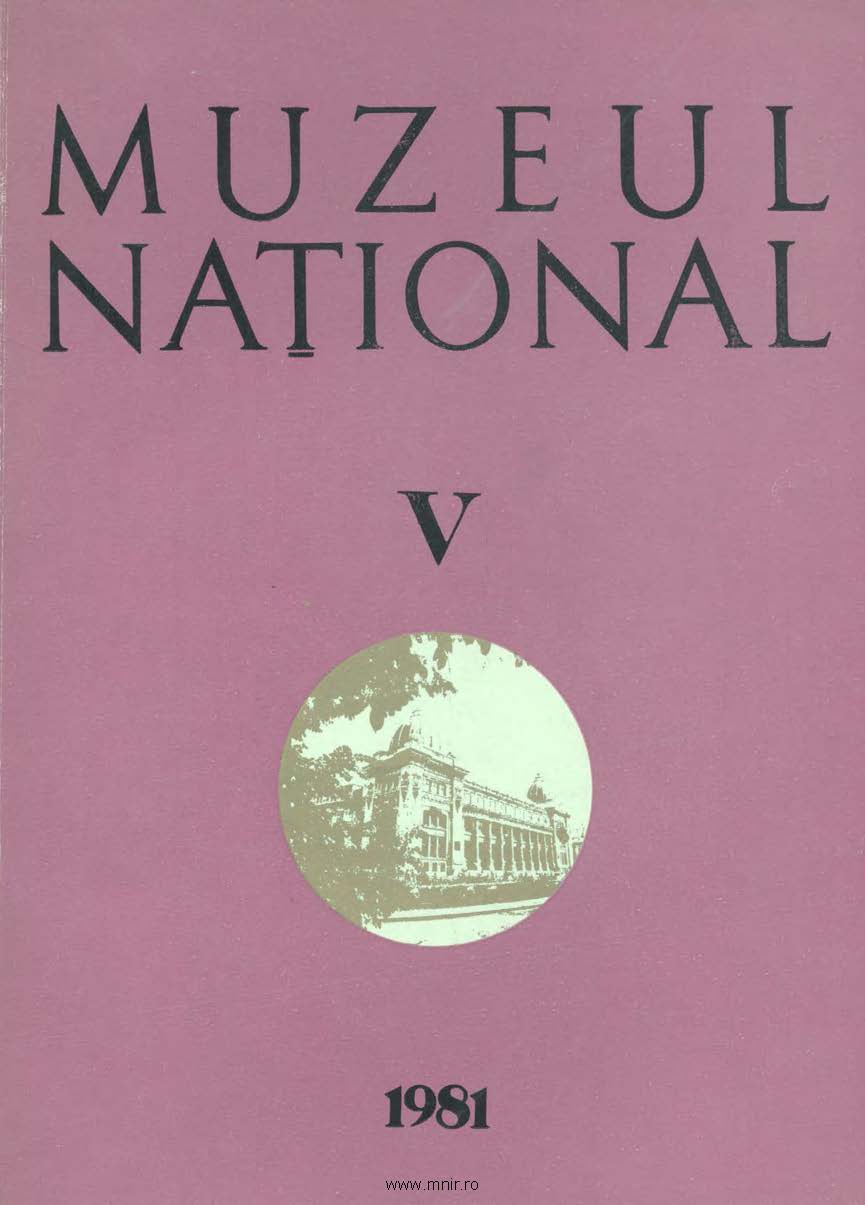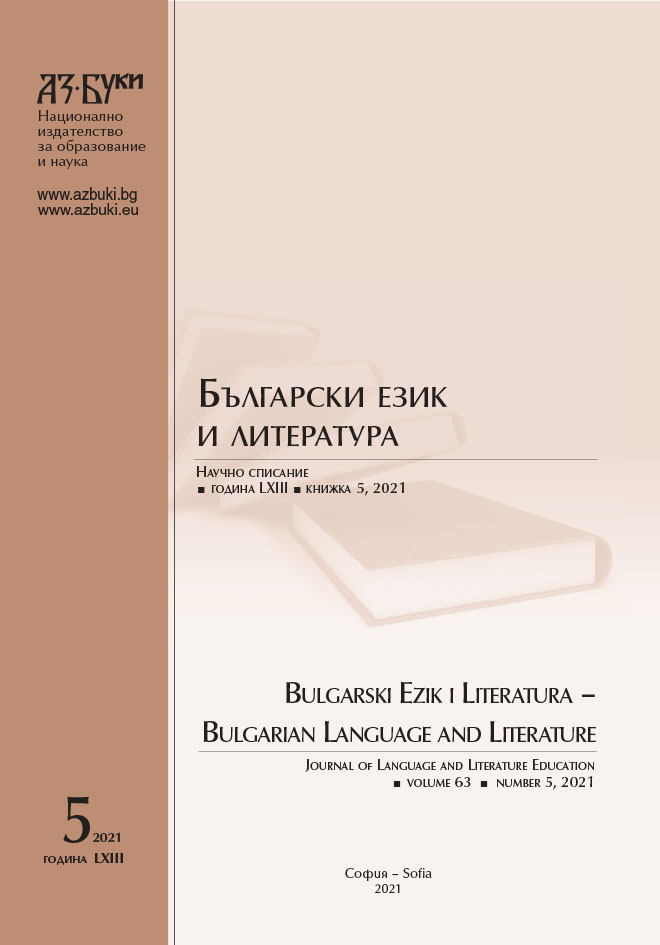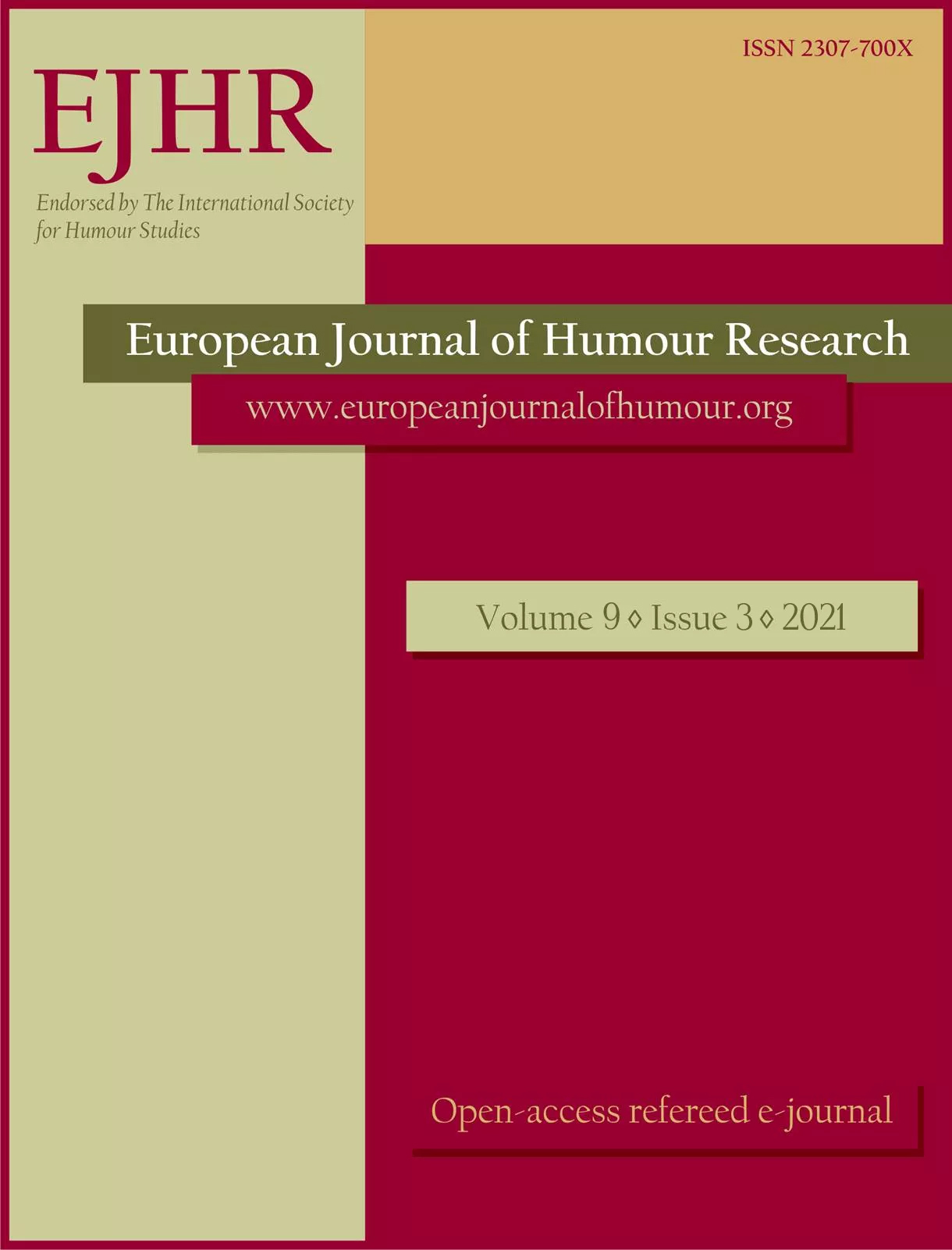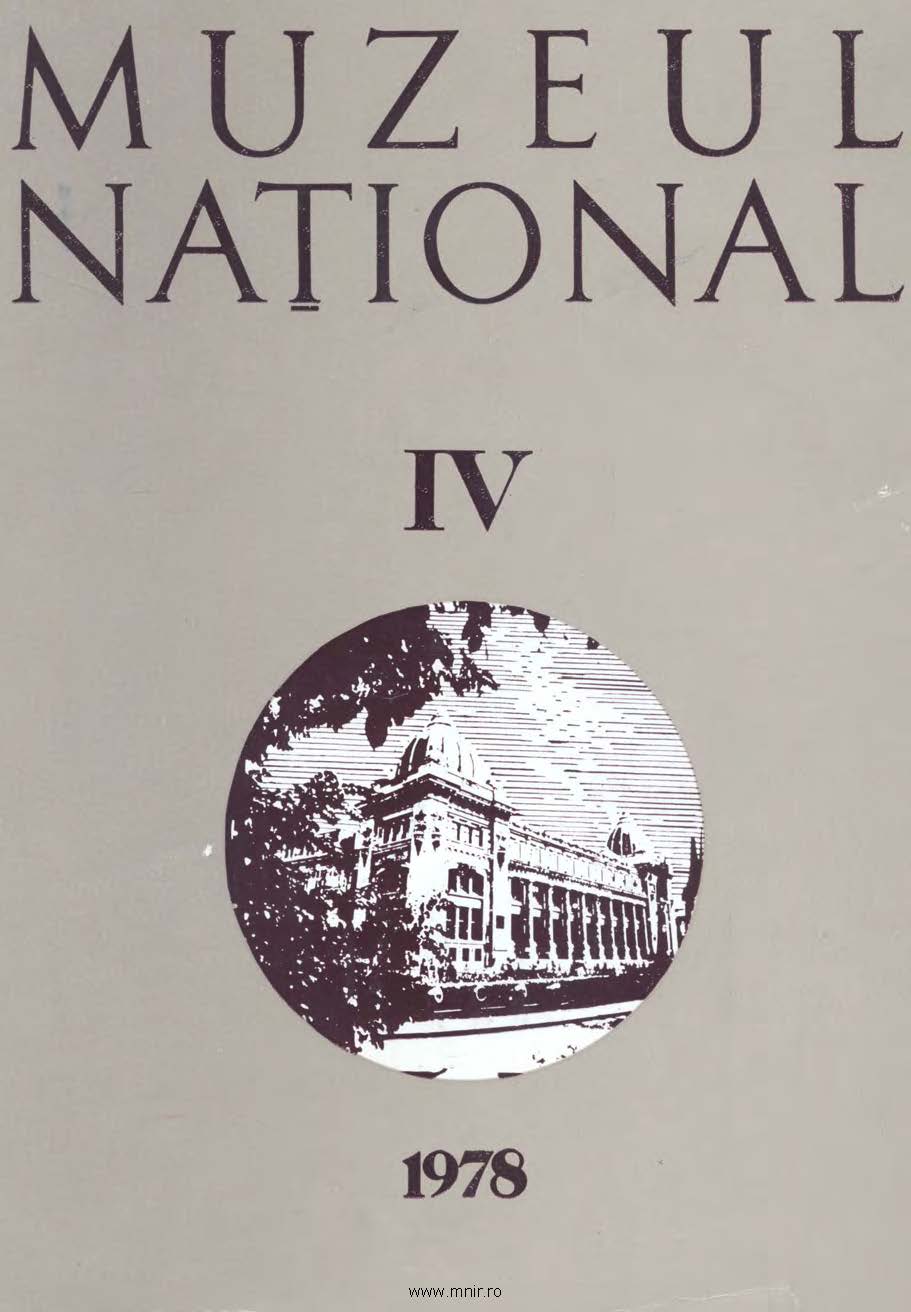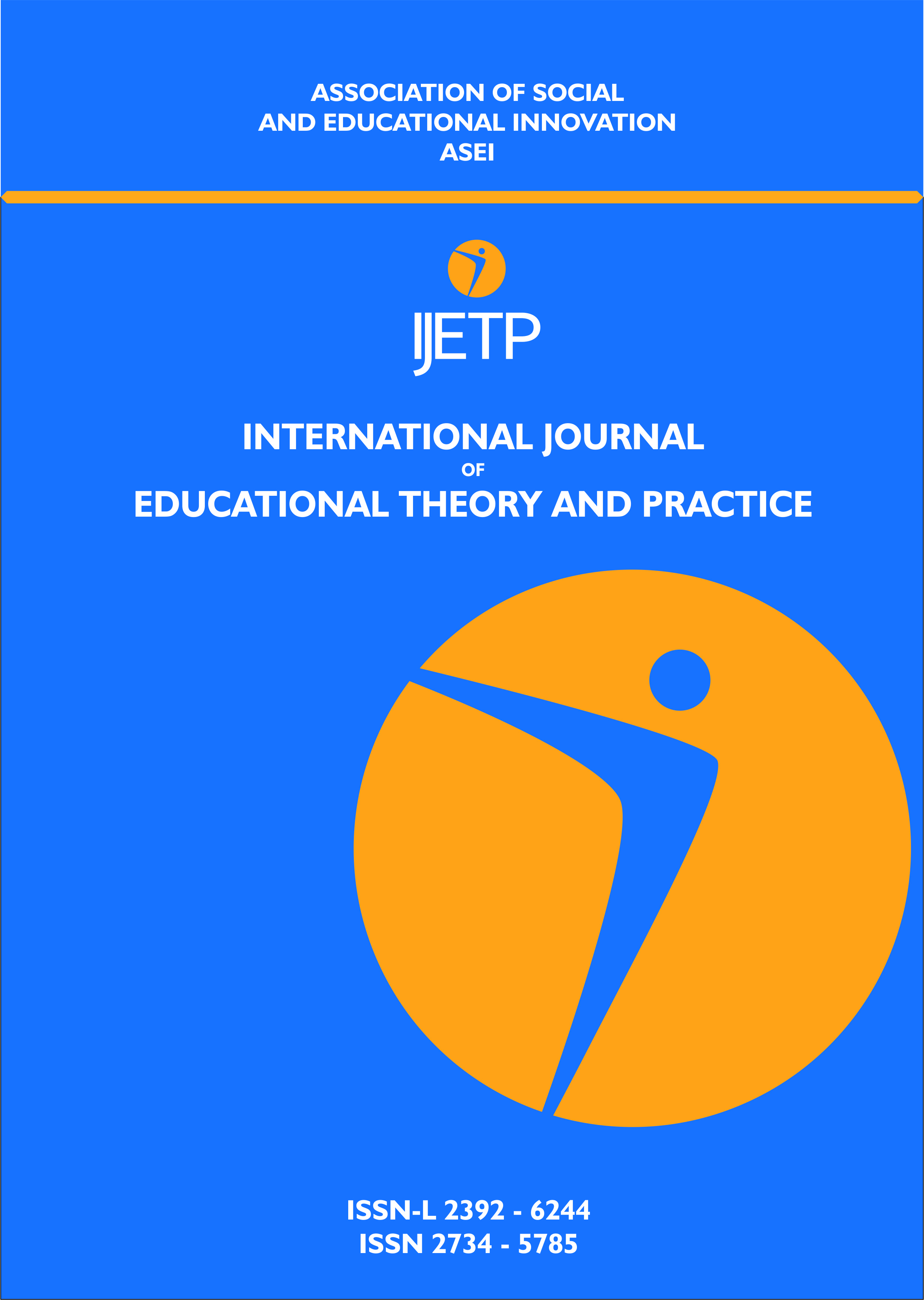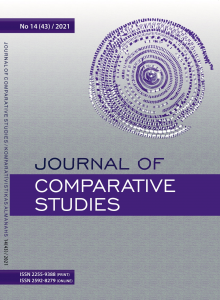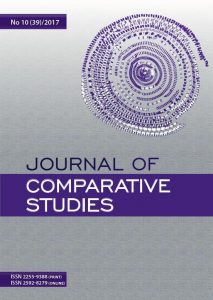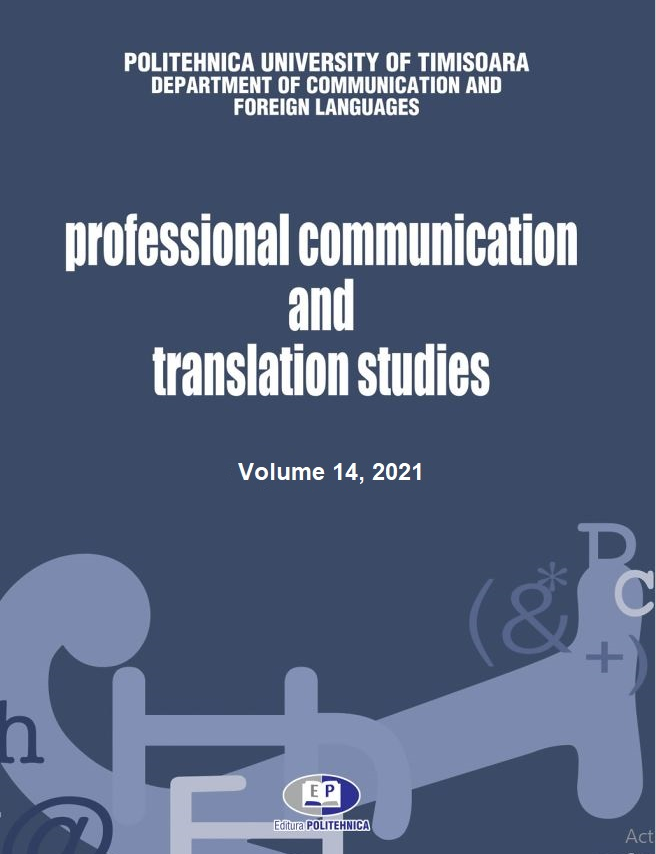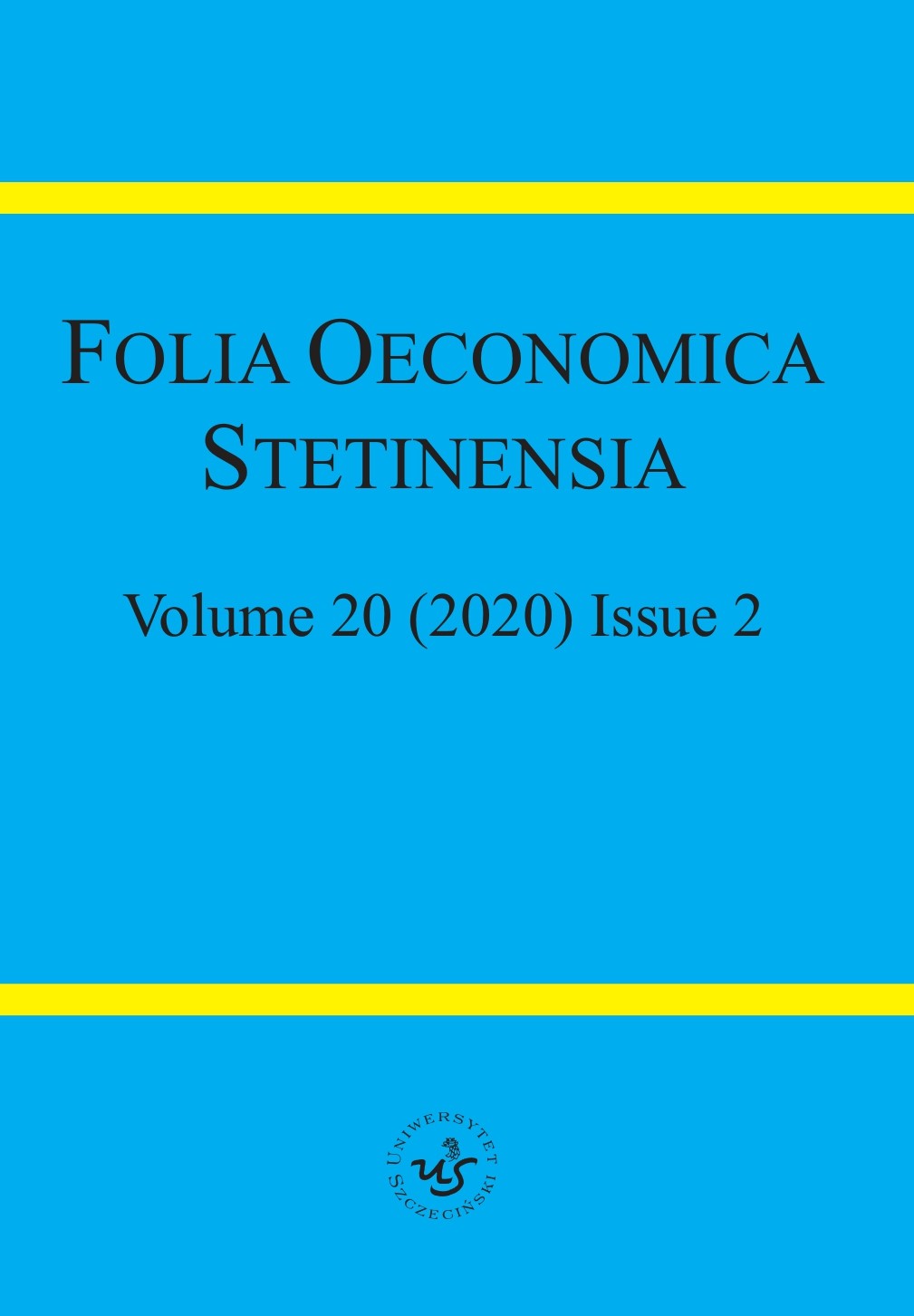Author(s): Paul Grigoriu / Language(s): Romanian
Issue: 4/1978
La biographie de la presse. Le journal d'information et instrument politique a défini son profil en se séparant des périodiques de culture et satire. Les organes de presse édités par les groupes politiques s'y sont définis avec précision. Les libéraux éditaient les journaux : „Românul" (le Roumain), „Telegraful" (le ..Télégraphe") et „Dorobanţul" (le soldat d'infanterie); tandis que les conservateurs avaient comme organes de la presse „Timpul" (le Temps), „România liberă" (La Roumanie libre), „Presa" (la Presse) et „Războiul" (La Guerre). Dans les chefs-lieux de départements paraissaient : „Ialomiţa", „Gazeta de Bacău", „Curierul de laşi", „Vocea Covurluiului" et d'autres. Dans les territoires subjugués paraissaient „Albina Carpaţilor", „Observatorul", „Transilvania", „Familia" et d'autres. Les publicistes et leurs horizons. Vus dans leur époque, les publicistes de la période 1877—1878, se présentent sous une structure de grande mobilité; leur formation multilatérale était axée sur une solide base humaniste. Beaucoup d'entre eaux étaient des personnalités culturelles et moins politiques.
G. Dem. Teodorescu était licencié en lettres de la Sorbonne, professeur secondaire de latin et de roumain, ministre de l'instruction publique et des cultes. Il a écrit des travaux de folklore et de philosophie étant le premier biographe et bibliographe d'Anton Pann. Avec le folkloriste I. Gh. Bibicescu il a édité en 1477 le renommé quotidien „Dorobanţul". Grigore H. Grandea, ancien diplômé, professeur, inspecteur des écoles élémentaires et poète. Il a édité „Războiul" journal de large popularité ă l'époque. Dimitrie August Laurian, fils d'Auguste Treboniu Laurian, était docteur en philosophie de Bruxelles professeur secondaire, auteur de manuels scolaires et membre correspondant de l'Académie Roumaine. Pendant l'été de l'année 1877 il a édité la publication „Romdnia liberă". Ion Al. Lapedatu, fils de paysans pauvres près de Sibiu, a passé son doctorat en lettres et philosophie. Professeur au gymnase roumain de Braşov, il a écrit des nouvelles, des poésies et des études de littérature. Il a édité à Sibiu l'hebdomadaire „Albina Carpaţilor". Dans l'histoire de la presse roumaine beaucoup de journalistes patriotes ont passé dans l'anonymat. Les journalistes, indépendamment de leur appartenance politique, ont renoncé temporairement à toute polémique et ont déclanché une véritable campagne de soutien du front, tout en demeurant sur cette position jusqu'à la fin de la guerre. La presse annonçait les événements militaires, les ordres du jour des commandements, ainsi que les spectacles, les donations et d'autres formes d'aides destinées au front, aux blessés et aux familles sans soutien.
Les périodiques d'information quotidienne. Les annonces de réclame commerciale, outre leur aspect hétérogène, publiaient aussi les éditions des cartes dédiées ă la guerre d'indépendance, des brochures sur la nécessité de l'indépendance, des manuels d'histoire de la patrie et d'autres matériaux de propagande. C'est dans le même but qu'on a imprimé sur des feuille volantes des billets de spectacles donnés pour aider les blessés, des poésies patriotiques et des manifestes adressés à la population par le prince régnant Charles et le prince Nicolas. L'organisation du front commun, dépassant les divergences sociales politiques pour appuyer par tous les moyens l'effort général de conquérir l'indépendance, c'est une compréhension profonde des publiclstes du desideratum national. De ce point de vue ils se sont situés sur les positions du vrai patriotisme.
More...

